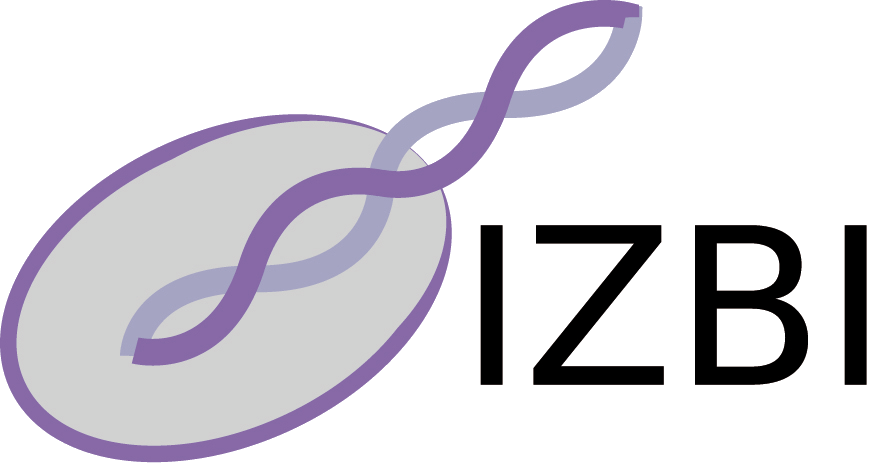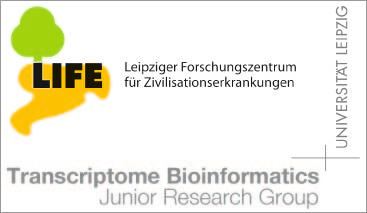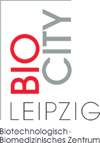Publications - Published papers
Please find below publications of our group. Currently, we list 565 papers. Some of the publications are in collaboration with the group of Sonja Prohaska and are also listed in the publication list for her individual group. Access to published papers ( ) is restricted to our local network and chosen collaborators.
If you have problems accessing electronic information, please let us know:
) is restricted to our local network and chosen collaborators.
If you have problems accessing electronic information, please let us know:
 ) is restricted to our local network and chosen collaborators.
If you have problems accessing electronic information, please let us know:
) is restricted to our local network and chosen collaborators.
If you have problems accessing electronic information, please let us know:©NOTICE: All papers are copyrighted by the authors; If you would like to use all or a portion of any paper, please contact the author.
De novo design of a synthetic riboswitch that regulates transcription termination
Manja Wachsmuth, Sven Findeiß, Nadine Weissheimer, Peter F. Stadler and Mario Mörl
Download
Status: Published
Nucleic Acids Res. 41:2541–2551 (2013)
Abstract
Riboswitches are regulatory RNA elements typically
located in the 50 -untranslated region of certain
mRNAs and control gene expression at the level of
transcription or translation. These elements consist
of a sensor and an adjacent actuator domain. The
sensor usually is an aptamer that specifically inter-
acts with a ligand. The actuator contains an intrinsic
terminator or a ribosomal binding site for transcrip-
tional or translational regulation, respectively. Ligand
binding leads to structural rearrangements of the
riboswitch and to presentation or masking of these
regulatory elements. Based on this modular organ-
ization, riboswitches are an ideal target for con-
structing synthetic regulatory systems for gene
expression. Although riboswitches for translational
control have been designed successfully, attempts
to construct synthetic elements regulating transcrip-
tion have failed so far. Here, we present an in silico
pipeline for the rational design of synthetic
riboswitches that regulate gene expression at the
transcriptional level. Using the well-characterized
theophylline aptamer as sensor, we designed the
actuator part as RNA sequences that can fold into
functional intrinsic terminator structures. In the bio-
chemical characterization, several of the designed
constructs show ligand-dependent control of gene
expression in Escherichia coli, demonstrating that it
is possible to engineer riboswitches not only for
translational but also for transcriptional regulation.
Keywords
riboswitch design, transcription termination















